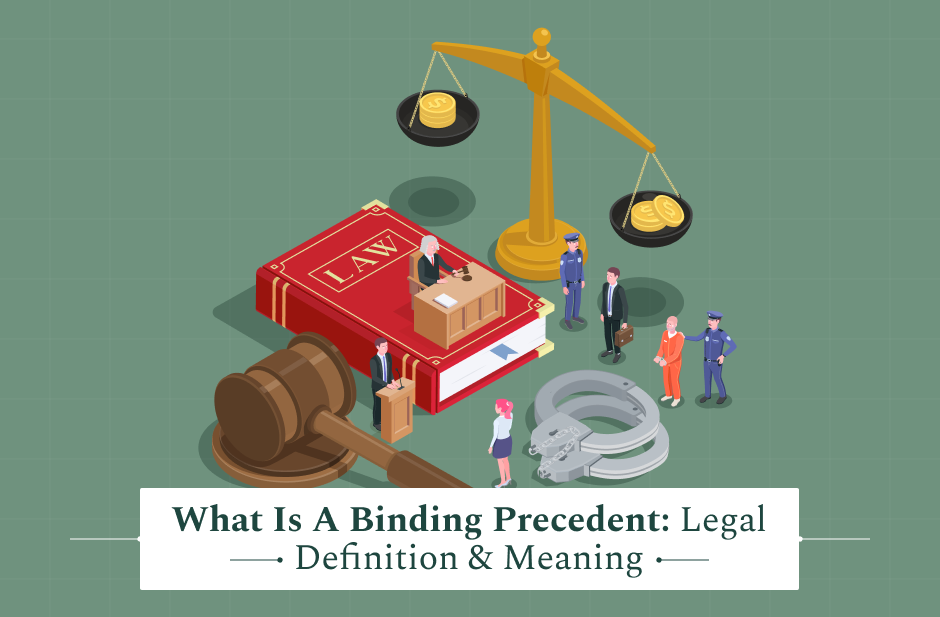The process of starting a business in Illinois first requires the confirmation of the availability of the desired company name and checking the legal status of already existing entities.
One of the possibilities for Illinois business entity search provides entrepreneurs, investors, and professionals access to the right records of corporations, LLCs, partnerships, and other registered businesses.
Through this search, you will be able to guarantee compliance, prevent naming conflicts, and facilitate research before forming a partnership or business.
In this article, we will talk about the following things:
- What is the Illinois Business Search?
- How to do the Illinois Business Search?
- What does the Illinois Business Search results mean?
- How to check the available names for business in Illinois?
Therefore, if these are a few things that you need to know, keep on reading this article till the end…
What Is Illinois Business Search?

An Illinois business entity search is a publicly accessible tool by the office of the Illinois Secretary of State, through which official records of businesses registered in the state are made available to the public. This search will help to verify the legal existence and status of corporations, LLCs, partnerships, and other such entities for entrepreneurs, investors, and professionals.
Why Illinois Business Search Matters
The Illinois Secretary of State Business Entity Search tool serves as the first point of contact for anyone starting a new business in Illinois or seeking to confirm the status of their company. This database provides powerful verification of business names, company status, registered agents, and vital filing details for any registered business entity in the state.
Irrespective of whether you are an entrepreneur ready to formally start your new LLC, an established business owner vetting some competitors, or just conducting due diligence before engaging in a business relationship, knowing how to use the Illinois business search system effectively will be invaluable.
Illinois Secretary of State Business Entity Search
Friends and families in the business field can make use of a publicly available database, which the Department of Business Services of the Illinois Secretary of State maintains.
Furthermore, this database is basically the primary source of information regarding the most recent changes in the business sector. The database contains detailed data of the following business structures:
- Corporations
- Limited Liability Companies (LLCs)
- Not-for-Profit Corporations
- Limited Partnerships (LPs)
- Limited Liability Partnerships (LLPs)
The official Illinois business entity search portal is at the Illinois Secretary of State’s website. (https://apps.ilsos.gov/businessentitysearch/)
As a tool, this database is a free-to-use source of information for individually performed searches. However, you will not be able to download information in bulk.
What Are The Types Of Business Entities In Illinois?

In the State of Illinois, among the various business structures, corporations, and partnerships, sole proprietorships, and limited liability entities are some of the main business entities that the law recognizes
Each of them will have its own respective legal and tax requirements, advantages, and compliance obligations, as follows:
Corporation:
Firstly, a corporation is a separate legal person and shareholders own the company. Shareholders are usually not personally liable for the company’s debts or obligations. Corporations can be of two varieties: non-profit or for-profit.
- Professional Service Corporations (PC): Set up for lawyers, doctors, accountants, and others who wish to practice in a corporate entity form.
- Medical Corporations: Another classification of professional corporations but reserved only for medical practitioners with state licenses.
- Close Corporations: Corporations which have a limit on the number of shareholders, mostly family-owned or small businesses.
- Benefit Corporations (B Corp): They are the type of corporate entities in the profit sector but through their activities, the consumption, societal, and environmental profits are aspired alongside the pursuit of financial profits.
- Not-For-Profit (NFP) Corporation: Incorporated with the intent of serving the public through charitable, educational, religious, or other activities that render benefits.
Limited Liability Company (LLC):
Secondly, an LLC marries together the limited liability of a corporation and the flexibility of a partnership. Also, there are types of LLC:
- Professional Limited Liability Company (PLLC): A licensing requirement for professionals (medical doctors, lawyers, architects) who wish to render professional services whilst limiting personal liability for business debts.
- Series LLCs: An LLC that can have several subdivisions known as “series”, each having its own assets and liabilities.
- Low-Profit LLCs (L3C): A combination of a non-profit and a for-profit LLC, this is a charity-trust-like entity that allows a small amount of profit for the investors while the main goal is to achieve social or charitable purposes.
Limited Liability Partnership (LLP):
Thirdly, there are LLPs. This is a partnership in which the liability of partners for debts and other obligations of the business is limited.
Limited Partnership (LP):
Finally, an LP consists of two kinds of partners:
- General Partners: The general partners manage the business. They are responsible for its debts and obligations.
- Limited Partners: Provide capital and have a liability limited to their investment amount.
Illinois Business Search: Steps To Do It Right!
Illinois SOS business entity search is a tool that allows you to find such entities as corporations, LLCs, partnerships, and any other entities that are registered. Here is the step-by-step guide:
1. Get to the Illinois Secretary of State Website: Go to the Illinois Business Services Database to work with the official search tool.
2. Insert the information for searching: These can be as follows:
- Business Name: Enter the company name, either the full or a part of it.
- Entity ID Number: Use it for a precise match if you already know it.
- Registered Agent or Officer Name: Look up the individual who is associated with the entity.
3. Examine the Results of the Search: This is a very important step. Here are a few things that you will be able to see once you review:
- Entities that match the criteria will also be present on the list.
- Found entries show the business name, entity type, status, and registration date.
4. Get More Information About the Entity: Some of the things that you will find out are as follows:
- Look over the filing documents and the date of origin
- See the registered agent and the address of the office
- Find out the current status of the company (active, inactive, dissolved, forfeited)
5. Use Advanced Search Filters:
- By using the filters, you can specify the type of entity you are interested in (LLC, Corporation, etc.)
- You can also limit the results by status or registration date to be more precise.
Read Also: How Utah Business Entity Search Can Help You Evade Corporate Issues Legally
Understanding The Illinois Business Search Results
To the business entity search performed in the state of Illinois, it is necessary to recognize the information displayed. The database of SOS contains particulars about every entity that is registered, like its status, filing history, and registered agent.
For instance, among the different statuses available, some are commonly seen as follows:
- Active: The business is still registered and has a good reputation.
- Inactive: The business is registered but not conducting operations or may have missed filings recently.
- Forfeited: A sign that the business has become non-compliant and lost its good standing, which could be through non-filing of annual reports or non-payment of fees.
- Dissolved: The business is no longer in existence, either through the owners’ or the state’s declaration.
Read Also: How Virginia Business Entity Search Can Help You Evade Corporate Issues Legally
Checking Name Availability For A New Business
People frequently use the business entity search for the purpose of checking the availability of the desired business name. Moreover, this is primarily one of its most common uses. The procedure is as follows:
- Make an “Exact Match” search for your wanted name
- Next, do a “Contains” search to find names that are similar to yours
- If “No Records Found” comes up, the name you want might just be free
- Do not forget to search for any variations or similar names as well to prevent ambiguity
Significant Illinois Rule: No two registered business names can be alike; they must be distinguishable. Moreover, some specific terms (for instance, "Bank," "Insurance," or "Trust") necessitate prior sanction or permit.
Illinois-Specific Business Registration Requirements
The process of business registration in Illinois has some distinctive features:
Filing Fees
Firstly, it is important that you have a clear idea of the filing fees. In 2025, the normal filing fee for those who apply to register a Limited Liability Company (LLC) or Corporation is $150. Furthermore, if you want to get the service faster, you will have to pay an additional fee of $100.
Annual Reports
Secondly, all LLCs and corporations in Illinois have to submit annual reports:
- LLCs: You will have to pay an annual fee of about $75, and the payment is due on the first day of the month.
- Corporations: You will have to pay a fee of $75, and the payment is due just before the first day of the month.
Late Penalties
Thirdly, the state of Illinois charges $100 for filing delays in annual reports. Eventually, after 180 days of remaining non-compliant, the entity will face administrative dissolution.
Business Licenses
Finally, the state of Illinois does not enforce a statewide general business license. Nonetheless, a considerable number of specific sectors do necessitate a special license or permit from state agencies. Furthermore, licensing requirements may also exist at the local municipality level.
















